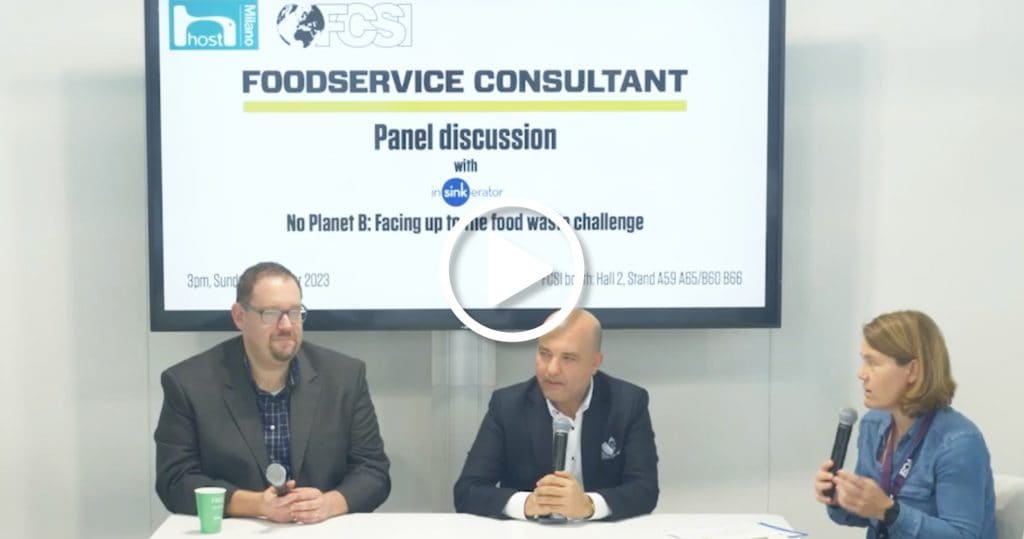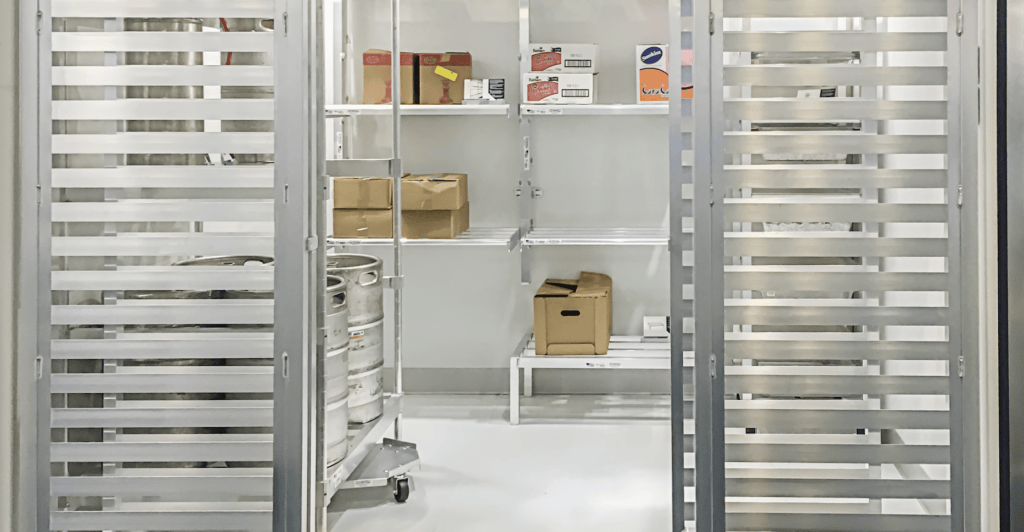
Since the regulations on food allergens and labelling were introduced in December 2014, public awareness about potential allergens in food has increased dramatically. However, many argue that the hospitality sector is still not up to speed on this pressing, and potentially deadly, issue.
The possible outcomes of non-compliance on public health – reputation damage, fines and in extreme cases, criminal charges – mean that foodservice businesses, and therefore foodservice consultants, need to be well acquainted with the provisions.
Foodservice consultants need to be aware and talking to their clients about adhering to allergen and labelling laws and the possible consequences of non-compliance. Foodservice operators can control the training and procedures put in place to ensure best practice when it comes to allergen controls within their individual businesses, but what about in their supply chain?
One of the crucial recommendations when it comes to obeying many laws and regulations is constant collaboration and communication with suppliers. Obtaining up-to-date information for product ingredients is of course, key, but this is only one piece of the puzzle that foodservice businesses need to be gaining insight into…
Supplier surveys need to be conducted to find out the supplier’s allergen control plan, cleaning programme and protocols, range of allergenic products produced by the supplier – especially if on shared equipment with the ingredients that a foodservice business uses – as well as any allergen training records for the supplier’s employees.
The amount of data to be researched and analysed is vast and over-reliance on paper-based systems, which are not up to date and are extremely difficult to manage, may eventually lead to serious public health issues and subsequent allergen recalls. This leads to not only a dangerous situation for the consumer but can also do irreparable damage to a company’s brand and reputation.
Central supplier data management solutions, such as Supplier Information Management software (SIM), is specifically designed to improve the way supplier-related risks are managed as well as cutting down on man hours. Suppliers complete tailored, comprehensive questionnaires, to collect what your clients’ foodservice businesses need to know. By ensuring transparency into suppliers’ allergen processes, foodservice businesses and consultants are able to identify any suppliers that don’t have water-tight systems in place.
These systems can produce full audit trails, which provide evidence of best practice and ensure procedures are in place to protect a business’ brand and reputation, essential considerations for CEOs and shareholders alike, while also reducing the administrative burden on already busy procurement managers, ensuring greater business efficiency.
Your clients can be safe in the knowledge that their supply chain is fully monitored and managed, so that brand- and reputation-ruining issues such as allergen recalls will never need to take place. SIM systems give a degree of visibility which ensures a standardised approach to allergens and provides protection around the risks associated with a breach of compliance.
Foodservice businesses need to be confident in what they provide to their customers – and this means evidence of proven safety. Consumers will value the time and effort that an establishment has put into ensuring safety precautions when it comes to meals and public health and will therefore increase repeat custom and boost bottom lines.
Andy Tyson is co-founder and director of Trade Interchange, the leading supplier management technology company. To learn more about Trade Interchange and how we can help you manage the risks associated with large, complex supply bases, please see www.tradeinterchange.com




